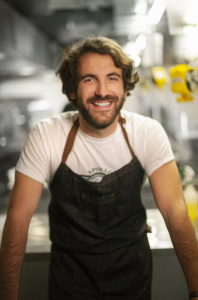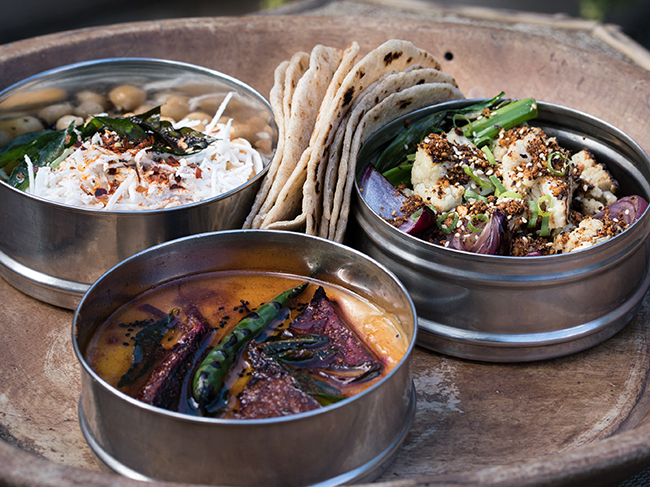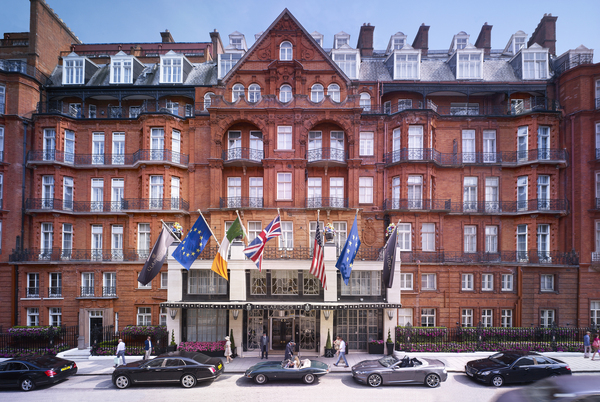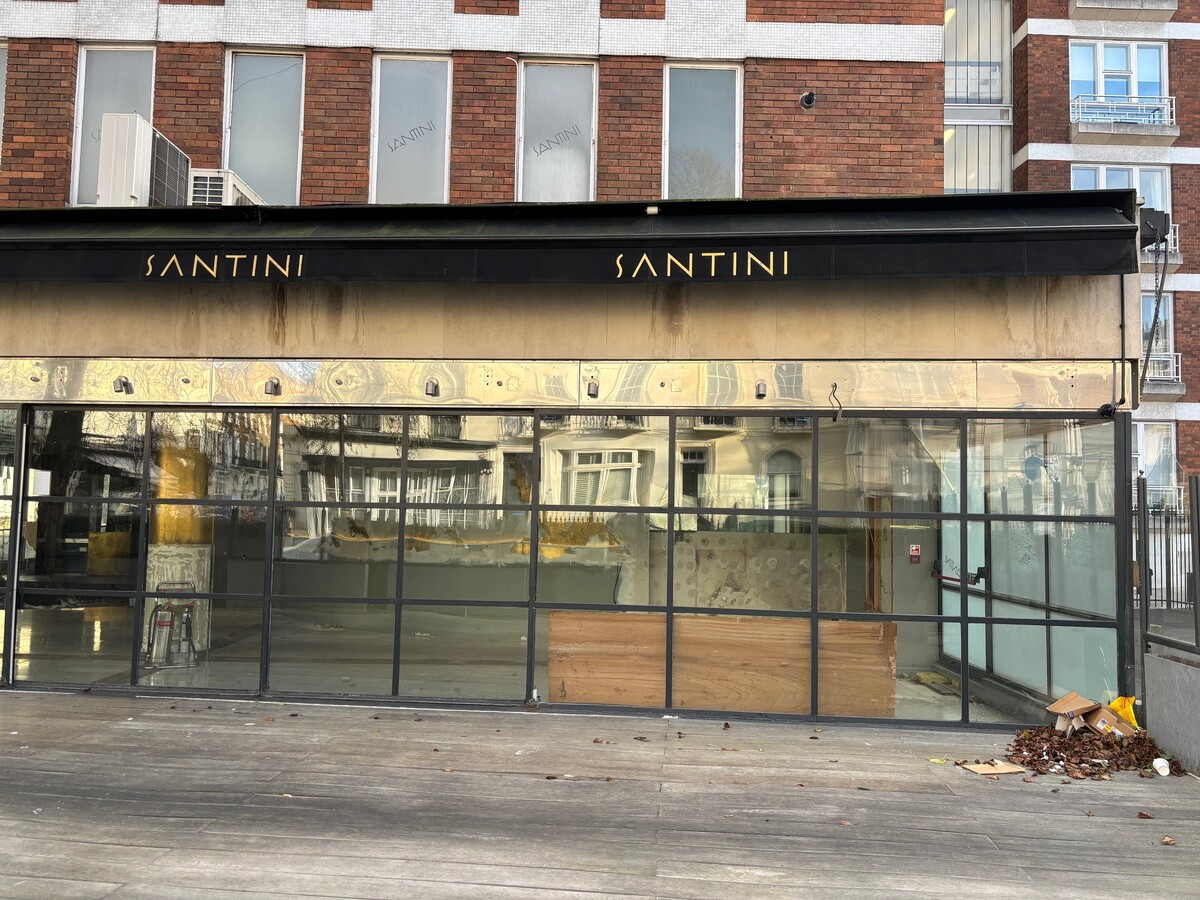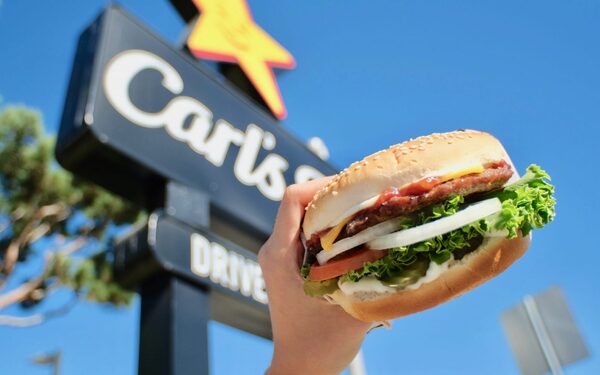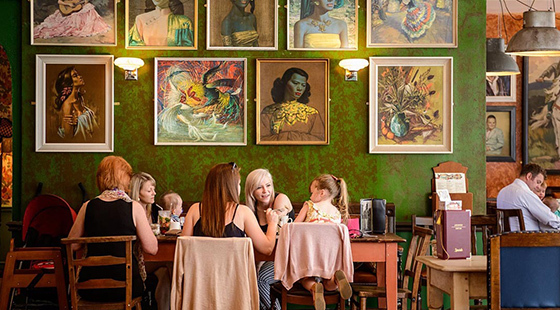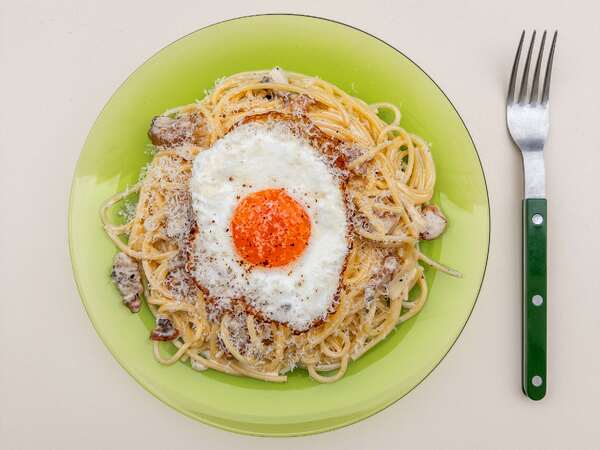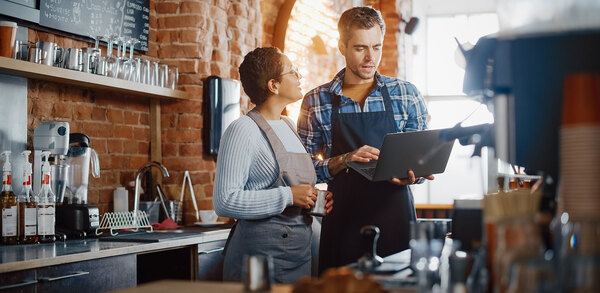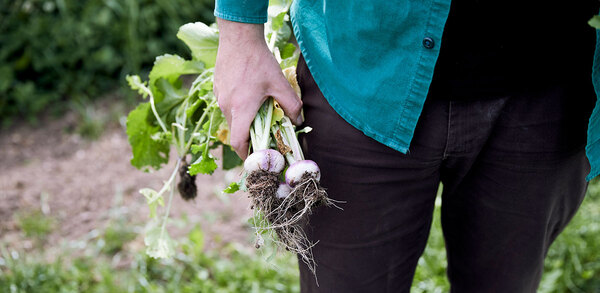Bargain basement: the case for virtual kitchens
With the casual-dining crisis still in full flow, operators are looking for alternatives to expensive high street sites. Enter dark kitchens and delivery-only concepts that allow brands to tap into an ever-hungry takeaway audience while enjoying reduced overheads. Emma Lake reports
Virtual restaurants have been offering additional income streams to operators for several years, but are they now a viable alternative, or even long-term challenge, to the high street?
In 2016 Uber Eats began working with restaurants in Chicago, US, to create additional delivery-only brands that could cater to surplus demand in their areas from existing kitchens. Three years on, it works with more than 400 UK brands that have no customer-facing presence offline.
Rival Deliveroo's chief executive and founder, Will Shu, has said add-on concepts give operators a chance to "boost their business and try new ideas, without the need for expensive new premises".
Uber Eats said it worked with restaurants to identify cuisines in their area that are under-supplied and develop brands that could meet the need. One such approach saw Balti Cottage in Dagenham, east London, launch a dessert brand that doubled its weekly sales by 200%.
General manager for the UK and Ireland, Toussaint Wattinne, said: "The way people buy food is changing. With increasingly busy lifestyles, people want good food, delivered fast. The size of the food delivery market is large and is growing fast. MCA's latest report valued it at £8.1b, and we are only beginning to scratch the surface. The same MCA report found that the proportion of UK adults using food delivery services two to three times a week is up to 60%. With this in mind, our focus at Uber Eats is growing selection and delivering fast, hence why virtual restaurants is a focus for us."
He added: "For most restaurants, creating incremental revenue either means investing in physical expansion or physically increasing the capacity of real estate to serve more customers in-store, both of which traditionally come with a high-cost/high-risk model. The great thing about delivery-only brands is that there is very little capital required to set up, meaning there is minimal risk. You can move from concept to market very easily. This technology is having a really positive impact on high streets up and down the UK, helping local entrepreneurs and restaurants unlock the value of their existing real estate."
He told The Caterer
âDeliveroo approached me with the concept of virtual brands in an effort to get our sales volumes up to higher levels; we developed Queso Dillo, a Mexican concept that used our primary proteins. Straight from launch it became quite a busy and active business. Initially, we didnât say that Queso Dillo was affiliated with Texas Joeâs, because I thought it would be better if it had its own identity, but then we started doing a bit of a fusion and said we featured Texas Joeâs barbecue meats.â
Despite the concept providing a âdrastic increase in volume of salesâ, Walters decided to stop using delivery-only kitchens as it proved challenging to maintain staffing levels and quality control. He added: âIf I were to go into a production kitchen that was more focused on the delivery experience, then thereâs great potential for virtual brands, but my personal focus is more on the face-to-face interaction and being able to ensure the quality of the dining experience. There are great challenges with drivers, conditions and temperatures that make delivery difficult to execute to a high standard.â
Others have moved to focus solely on delivery: delivery-only concept Taster is planning a London roll-out after experiencing success in Paris. It currently offers three brands: Mission Saigon (Vietnamese), O Ke Kai (Hawaiian poké bowls) and Out-Fry (Korean fried chicken) from a kitchen in Hackney.
Asked how you develop a restaurant brand with no on-street presence, he added: âWe see ourselves as more of a digital or e-commerce brand than a restaurant. We are using the same marketing tools as these brands; itâs a strong presence on social media, on Instagram; and weâre doing a lot of partnerships with chefs and platforms.â

Soulier believes the number of virtual restaurant brands is only set to increase, creating a split between bricks and mortar and online. He explained: âThere will be more traditional restaurants, but I think they will realign themselves to be focused on the experience, while the virtual brands are more about providing high-quality, quick food in sustainable packaging. I think there will be a split.â
Going it alone
DabbaDrop, a curry subscription service running from a Hackney kitchen, has gone one stop further, operating an online-only business without depending on delivery platforms such as Deliveroo, Uber Eats or Just Eat.
Founders Anshu Ahuja and Renee Williams established the business in November 2018, offering a delivery service every Friday. Set vegetarian and vegan dishes arrive in metal tiffin tins, which are collected with the next drop-off and re-used.
In the few months it has been operating, DabbaDrop has amassed almost 200 subscribers, despite currently only operating in Hackney and with word of mouth and social media its key marketing tools.
Ahuja said establishing the delivery network had been the biggest challenge; existing delivery platforms donât fit with its model, as subscribers pre-book their home-cooked meals and the tins must be returned.
She explained: âFinding reliable cyclists is hard; when we did a trial last summer, we used a little eco-friendly cycle courier company. They were great, but we found they couldnât always fulfil what we needed, because they were so small and because itâs a Friday night. We decided we needed to have complete control, from food to delivery, so we sourced a fleet of cyclists and it worked â" they have shown up whatever the weather and are really dedicated. Itâs so far, so good, but weâre looking at teaming up with new cycling courier company as we expand. We need a bit of help â" itâs quite hard to keep finding cyclists.â
Ahuja added: âWe have big dreams; we want to supply dinner all through the week to all of London, so instead of getting a supermarket ready meal or ordering a greasy takeaway, you have a fresh, home-cooked meal delivered to your door. We model ourselves on a milkman, so itâs waiting for you at your door and you just have to unpack it and eat, without worrying about whatâs gone into it as itâs all cooked on the same day.â
Moveable feast: what you need to know to get your food on the move >>
Just Eat investor urges merger >>
Get The Caterer every week on your smartphone, tablet, or even in good old-fashioned hard copy (or all three!).




![Taster's Out-Fry [credit: Romain Buisson]](https://cdn.filestackcontent.com/gcnqtDhWSySbhSxleJUw)
